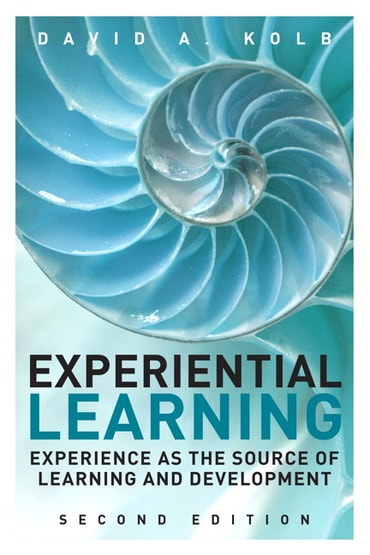
Experiential Learning: Experience as the Source of Learning and Development, 2nd edition
Published by Pearson FT Press (December 17, 2014) © 2015
- David A. Kolb Western Reserve University
- Available for purchase from all major ebook resellers, including InformIT.com
- Available for purchase from all major ebook resellers, including InformIT.com
Title overview
Experiential learning is a powerful and proven approach to teaching and learning that is based on one incontrovertible reality: people learn best through experience.
Now, in this extensively updated book, David A. Kolb offers a systematic and up-to-date statement of the theory of experiential learning and its modern applications to education, work, and adult development.
Experiential Learning, Second Edition
builds on the intellectual origins of experiential learning as defined by figures such as John Dewey, Kurt Lewin, Jean Piaget, and L.S. Vygotsky, while also reflecting three full decades of research and practice since the classic first edition.
Kolb models the underlying structures of the learning process based on the latest insights in psychology, philosophy, and physiology. Building on his comprehensive structural model, he offers an exceptionally useful typology of individual learning styles and corresponding structures of knowledge in different academic disciplines and careers. Kolb also applies experiential learning to higher education and lifelong learning, especially with regard to adult education.
This edition reviews recent applications and uses of experiential learning, updates Kolb's framework to address the current organizational and educational landscape, and features current examples of experiential learning both in the field and in the classroom. It will be an indispensable resource for everyone who wants to promote more effective learning: in higher education, training, organizational development, lifelong learning environments, and online.
